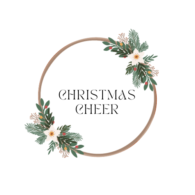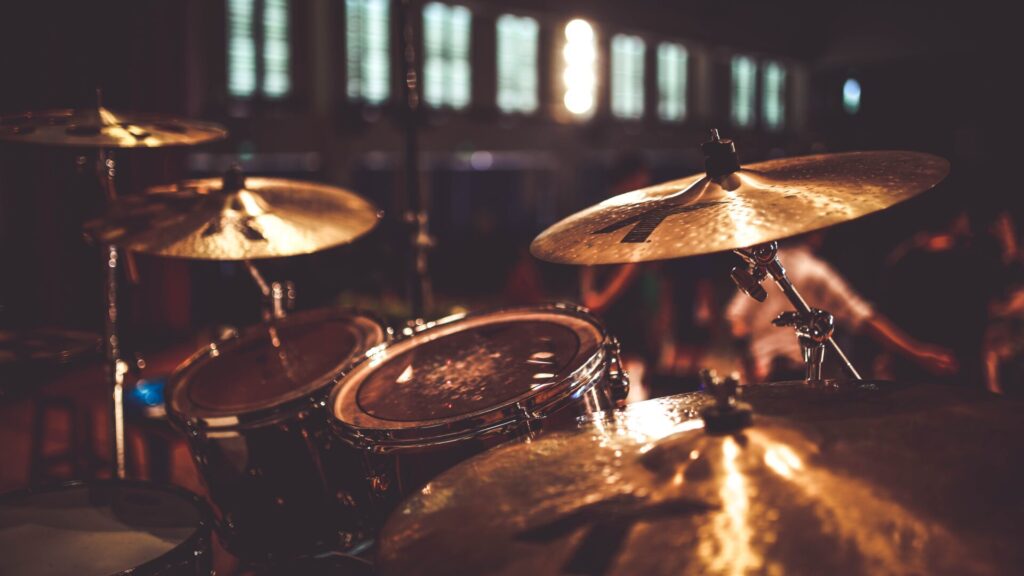Embarking on a musical journey is an exciting endeavor, and having the right instruments and accessories can make all the difference. Whether you’re a budding guitarist, an aspiring pianist, or a future flutist, your choice of tools will shape your learning experience and the music you create. Here’s a guide to selecting the essential musical instruments and accessories that will help you hit the right notes as you begin your musical adventure.
Choosing Your Instrument
String Instruments
For those drawn to the resonant vibrations of strings, the guitar is a popular choice. Acoustic guitars are great for beginners due to their simplicity and portability. If you’re leaning towards classical music or flamenco, a nylon-stringed classical guitar might be your best bet. For electric guitar enthusiasts, starting with a solid-body model is advisable as it’s versatile and easier to handle.
Wind Instruments
If your interests lie in the breathy sounds of wind instruments, the recorder is a perfect start due to its simplicity and affordability. As you progress, you might consider the clarinet or saxophone, both of which offer a wide range of musical expression and are staples in both classical ensembles and jazz bands.
Percussion Instruments
Percussionists might start with a practice pad before moving on to a drum set. Hand percussion instruments like bongos or congas can also be a fun and accessible way to begin.
Keyboard Instruments
The piano is the quintessential beginner’s instrument for those interested in melody and harmony. A keyboard with weighted keys can simulate the feel of an acoustic piano, making it a cost-effective and space-saving option.
Essential Accessories
For String Players
- Tuners and Metronomes: Keeping your instrument in tune is crucial, and a clip-on tuner can be a lifesaver. A metronome, meanwhile, is essential for developing timing and rhythm.
- Picks and Spare Strings: Guitarists should have a variety of picks to experiment with different sounds and a set of spare strings for the inevitable break.
For Wind Players
- Cleaning Kits: Wind instruments require regular cleaning to maintain their sound quality. A cleaning kit tailored to your instrument is a must-have.
- Reeds: For reed instruments like the clarinet and saxophone, having a few spare reeds is always a good idea, as they can wear out or break.
For Percussionists
- Sticks and Mallets: A good pair of drumsticks or mallets is the first accessory a percussionist should acquire.
- Practice Pads: To practice quietly and refine technique, a practice pad is invaluable.
For Keyboardists
- Sustain Pedal: This pedal is essential for more expressive playing.
- Keyboard Stand and Bench: Proper posture is important when playing the keyboard, so a sturdy stand and an adjustable bench are necessary.
Investing in Your Craft
Remember, the best instrument for you is the one that you feel comfortable with and that inspires you to create music. It’s worth visiting a local music store to try out different options before making a purchase.
Additionally, investing in lessons, whether in-person or online, can provide structure and guidance as you learn. And don’t forget the power of practice. Regular, focused practice is the key to progress.
Finally, as you grow as a musician, you’ll find that your needs will change. Be open to upgrading your instruments and accessories as you develop your skills and define your musical voice.
For the aspiring musician, the right instruments and accessories are not just tools, but extensions of their creative spirit. Choose wisely, practice diligently, and the music will follow.



